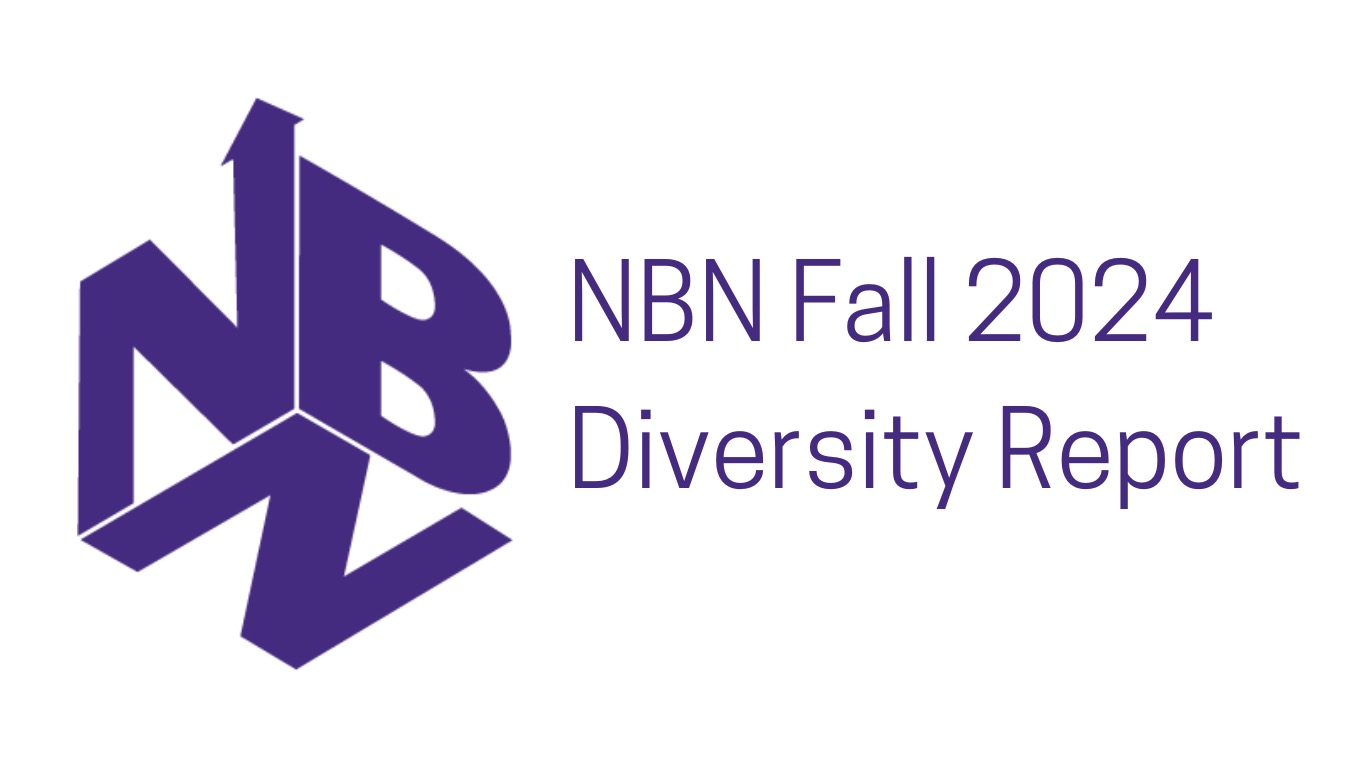
A new rule proposed by the Biden administration this May could lead some migrants seeking asylum to be deemed ineligible and deported earlier in the process. The rule aims to expedite the asylum claims process at the Southern border and reject those who are believed to pose a risk to national security or public safety.
Under the current asylum-seeking process, migrants who are deemed as a threat are taken into custody. However, the asylum eligibility determination is not made until much later in the process. The new rule would allow asylum officers to factor in the individual’s criminal history during an initial screening stage called ‘credible fear’ screening, according to a press release by the Department of Homeland Security.
The credible fear screening stage, intended to take place within days of making contact with immigration officials, occurs when migrants express a fear of prosecution or torture if returned to their home country. The asylum officer typically determines whether the individual’s fear is credible based solely on the information provided in an interview – an aspect this rule would directly change.
The Notice of Proposed Rulemaking (NPRM) states the rule would impact the screening interviews asylum seekers undergo. These interviews typically occur if a migrant is being subjected to an expedited removal, or deportation without a court hearing, and declare an intention to apply for asylum or fear of prosecution.
The proposed rule would place more weight on initial screening and allow asylum officers, rather than a judge, to decide if a migrant is eligible for asylum based on their determination that the individual could pose a threat. If they are thought to be a risk based on their criminal history, they would face expedited deportation.
This NPRM comes prior to the upcoming presidential election where immigration appears to be voters’ main priority, regardless of partisanship. A Wall Street Journal national poll found that 20% of registered voters now rank immigration as their top issue. Moreover, 65% of voters said they disapproved of President Biden’s handling of border security in the same poll conducted in February of this year.
The rule proposal has resulted in negative reactions from some Republican U.S. officials and immigrant rights organizations, over differing concerns regarding the implications of the rule.
Texas Gov. Greg Abbott, who has been engaged in an ongoing legal battle with the Biden administration over border security, said Biden’s proposals “do nothing to slow the record-breaking illegal immigration.”
Abbott said Biden’s efforts to address increased immigration levels at the Southern border are minimal and simply an attempt to “salvage his failed presidency.”
The National Immigration Justice Center denounced the new rule proposed by the Biden administration in a press release on May 10, citing fairness and due process concerns.
“The bars to asylum eligibility at issue in this rule are sweeping and subjective in their application. It is almost certain that, without safeguards, bars will be applied in a prejudicial manner, particularly impacting Black, Brown and Indigenous migrants,” the organization said in a statement.
However, whether the rule will be enforced still remains unclear. The DHS has provided a 30-day public comment period for the rule proposal set to end on June 12.
According to NPR, officials intend for the rule to be implemented this year.
“We will continue to take action, but fundamentally it is only Congress that can fix what everyone agrees is a broken immigration system,” Secretary of Homeland Security Alejandro Mayorkas said.



